Space Systems Engineering Certificate (SSEC)™
Learn about SSEC program
- Length: 2 days
- Instructor led
- Online, onsite and Live online
Space Systems Engineering Certificate (SSEC)™
Gain comprehensive knowledge and skills in Space Systems Engineering through the Space Systems Engineering Certificate (SSEC)™ Certification, a collaborative program by Tonex and IS4. This certification equips participants with a deep understanding of the intricacies involved in designing, developing, and managing space systems.
The Space Systems Engineering Certificate (SSEC)™ Training, a collaborative effort by Tonex and IS4, stands as a comprehensive program designed to equip professionals with the essential knowledge and skills in the field of space systems engineering.
This training covers a spectrum of topics, including system architecture fundamentals, satellite communication design, space mission planning, cutting-edge technologies, and space systems testing and validation.
Participants will delve into the intricacies of space engineering principles, gaining proficiency in designing, analyzing, and managing space systems. The program’s unique blend of theoretical knowledge and practical application culminates in a capstone project, allowing participants to apply learned concepts in a real-world setting.
Ideal for both beginners and experienced professionals, the SSEC™ Training offers a pathway to advance careers and contribute to the evolving landscape of space exploration. Join this certification to access cutting-edge insights and elevate your expertise in the dynamic field of space systems engineering.
Learning Objectives:
- Master the fundamentals of space systems engineering principles.
- Develop proficiency in the design and analysis of space systems architecture.
- Acquire skills in satellite communication systems engineering.
- Understand the complexities of space mission planning and execution.
- Learn to integrate cutting-edge technologies into space systems.
- Gain expertise in space systems testing, validation, and verification processes.
Audience: This certification is ideal for engineers, scientists, project managers, and professionals seeking to enhance their expertise in space systems engineering. It is suitable for both beginners looking to enter the field and seasoned professionals aiming to expand their knowledge.
Course Outline:
Module 1: Introduction to Space Systems Engineering
- Space Systems Overview
- System Architecture Fundamentals
- Integration Challenges
- Regulatory Considerations
- Lifecycle Management
- Systems Engineering Best Practices
Module 2: Satellite Communication Systems Engineering
- Satellite Communication Design
- Communication System Analysis
- Propagation Models in Space
- Link Budget Analysis
- Communication Protocols in Space
- Security Considerations in Satellite Communication
Module 3: Space Mission Planning and Execution
- Mission Planning Essentials
- Orbital Mechanics
- Launch Vehicle Selection
- Spacecraft Operations
- Risk Management in Space Missions
- International Collaboration in Space Exploration
Module 4: Cutting-edge Technologies in Space Systems
- Emerging Technologies Overview
- Advanced Materials in Space Applications
- Artificial Intelligence in Space Systems
- Robotics and Automation
- Sustainable Space Technologies
- Space-based Observatories
Module 5: Space Systems Testing and Validation
- Testing Principles in Space Engineering
- Environmental Testing (Thermal, Vibration, etc.)
- Reliability and Failure Analysis
- Validation and Verification Processes
- Simulation and Modeling in Testing
- Quality Assurance in Space Systems
Module 6: Capstone Project
- Project Selection and Proposal
- Project Planning and Execution
- Data Collection and Analysis
- Documentation and Reporting
- Presentation Skills for Engineering Projects
- Peer Review and Evaluation
Preparation for SSEC™ Certification:
- Introduction to SSEC™ Certification
- Understanding SSEC™ Exam Structure
- Key Concepts and Topics
- Study Resources and Materials
- Effective Study Strategies
- Mock Exams and Practical Application
Exam Domains:
- Spacecraft Design and Architecture
- Mission Planning and Analysis
- Spacecraft Subsystems
- Launch Systems and Operations
- Space Environment and Effects
- Spacecraft Testing and Verification
- Mission Operations and Control
- Spacecraft Integration and Assembly
- Space Policy and Regulations
- Risk Management in Space Projects
Question Types:
- Multiple Choice Questions (MCQs): Assessing theoretical knowledge and understanding of concepts.
- Short Answer Questions: Testing the ability to apply concepts and solve problems.
- Scenario-Based Questions: Presenting real-life or hypothetical situations for analysis and decision-making.
- Case Studies: Evaluating the application of knowledge and principles in complex scenarios.
- Diagram Interpretation: Assessing the understanding of spacecraft schematics, diagrams, and plans.
- Essay Questions: Allowing candidates to express comprehensive understanding and critical analysis.
Passing Criteria:
To pass the Space Systems Engineering Certificate (SSEC)™ Training exam, candidates must:
- Achieve a minimum score of 70% overall.
- Attain a minimum score of 60% in each exam domain.
- Complete all sections of the exam within the allocated time.
This passing criteria ensures that candidates demonstrate a comprehensive understanding of space systems engineering principles across various domains and can apply their knowledge effectively in real-world scenarios.
Need help? Contact us
